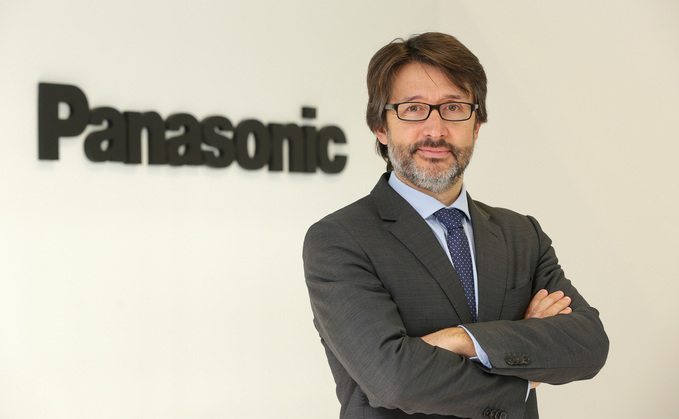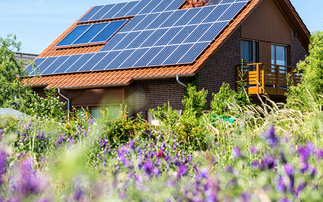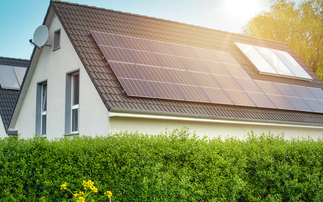
As demand for fossil-fuel free heating grows, policymakers and industry need to work together to prep the installation workforce for a major roll out of electric heat pumps, writes Panasonic's Enrique Vilamitjana
Rising fossil fuel costs have focused attention on energy security and energy resilience like never before, leading to greater awareness and understanding about fuel and energy sources. This, of course,...
To continue reading this article...
Join BusinessGreen
In just a few clicks you can start your free BusinessGreen Lite membership for 12 months, providing you access to:
- Three complimentary articles per month covering the latest real-time news, analysis, and opinion from Europe’s leading source of information on the Green economy and business
- Receive important and breaking news stories via our daily news alert
- Our weekly newsletter with the best of the week’s green business news and analysis






